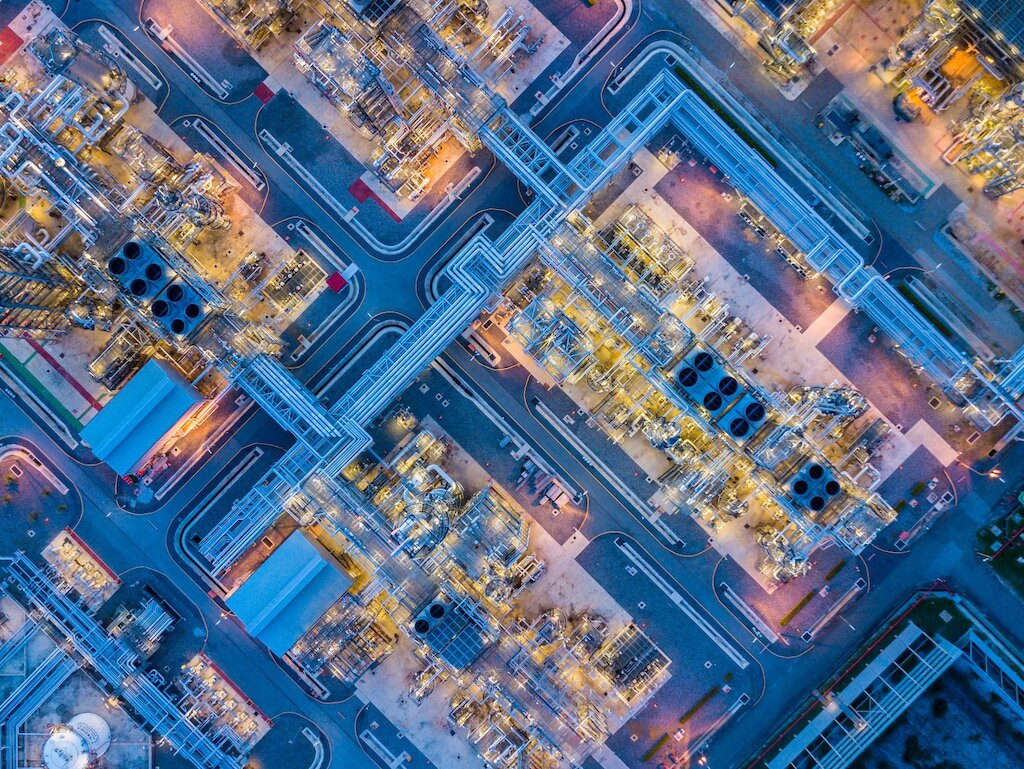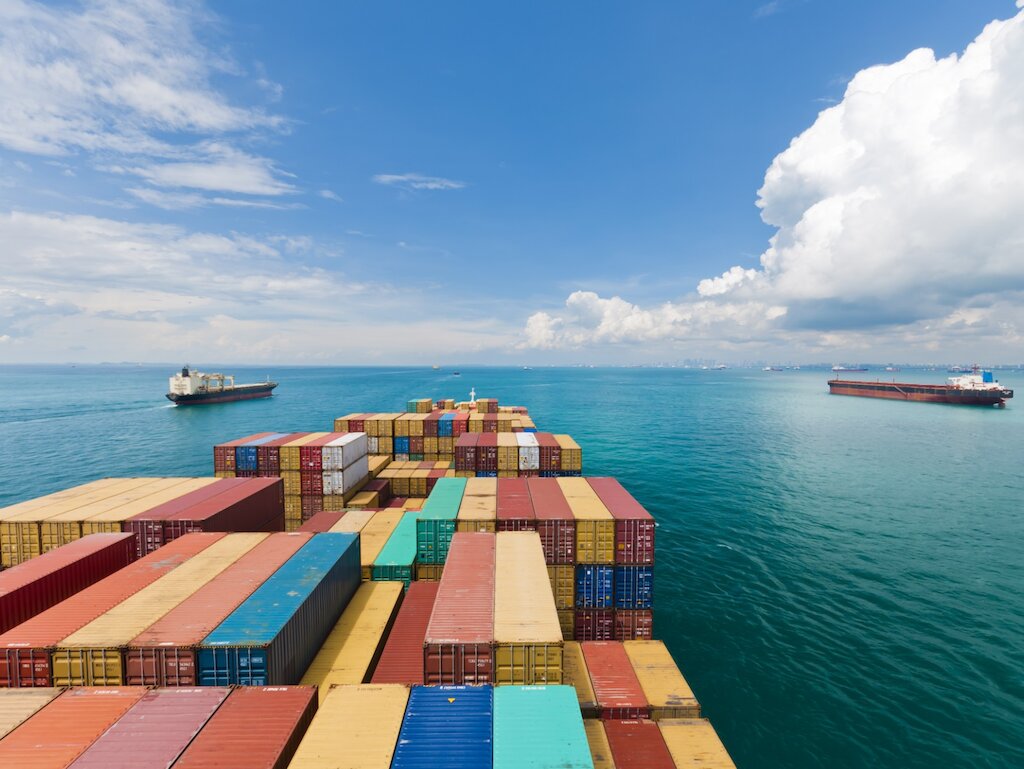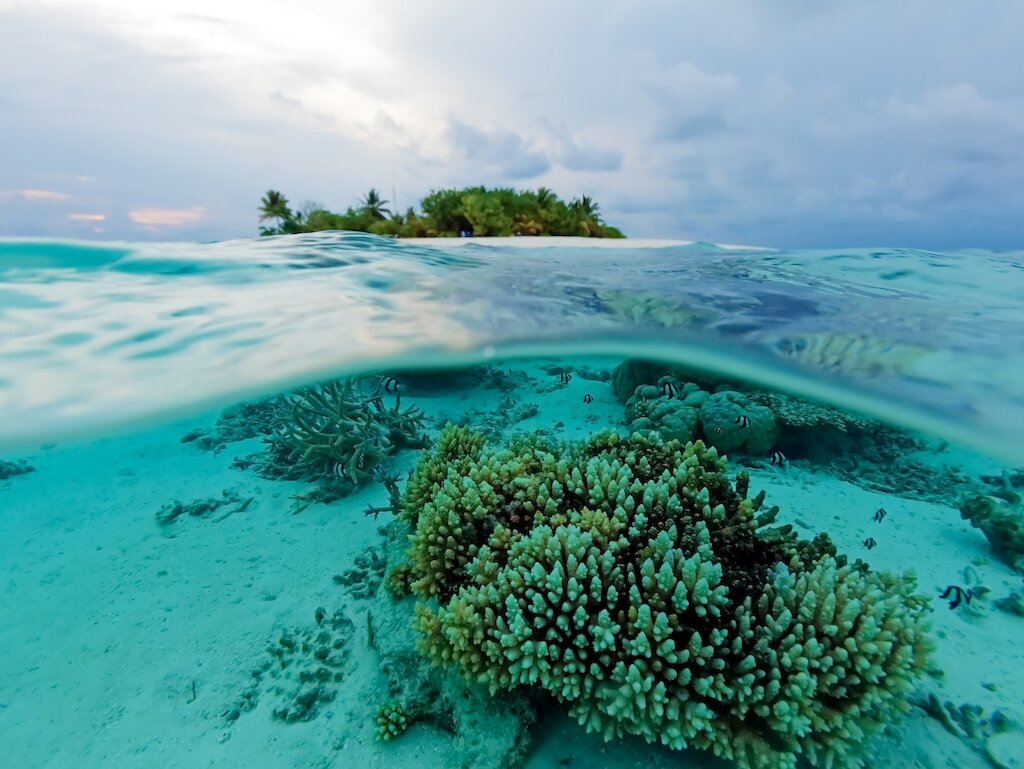As an observer of the IMO, Ipieca helps the IMO to assess the science surrounding proposed changes to the marine fuel regime, including marine spill and a GHG reduction focus. It also identifies ways to make cleaner marine fuels more readily available to ship owners around the world, whilst considering safety around the use of these fuels.
PPR11
- Ipieca joined a Drafting Group on Pollution Response, which finalised guidelines for developing a local oil/hazardous and noxious substances marine pollution contingency plan, and guidelines for cleaning up plastic pellets released from ships
- Ipieca submitted a commenting paper around measures to quickly reduce black carbon emissions in the Artic
- Ipieca delegates participated in and provided technical inputs to discussions around the following topics:
- Reduction of the impact on the arctic of black carbon emissions from international shipping
- Guidance on discharge water from exhaust gas cleaning systems into the aquatic environment
ISWG-GHG 16 and MEPC 81
- Ipieca co-sponsored a paper with a number of member states and shipping organizations around the further development of the life-cycle analysis (LCA) framework, and the establishment of an expert group on LCA matters of a technical nature
- Ipieca delegates participated in and provided technical inputs to discussions around the following topics:
- Reduction of GHG emissions from ships, for example:
- The development of the basket of candidate mid-term measure(s) and the method to progress the development of mid-term measures
- LCA of GHG emissions
- Participated in the Working Group for Air Pollution and Energy Efficiency, with a number of discussions around short term measures, biofuel guidance, etc.
- Reduction of GHG emissions from ships, for example:
With upcoming IMO meetings taking place in September and October 2024, Ipieca will continue to support the IMO’s work to decarbonise the maritime industry, providing technical expertise and industry guidance.



